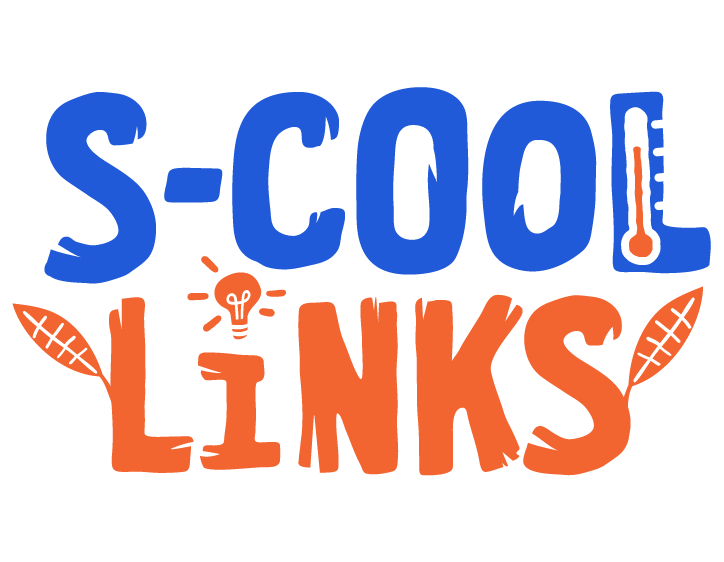Ondersteuning voor leerkrachten
S-Cool-Links is een veilige online ruimte waar leerkrachten zich vrij kunnen voelen om met elkaar in gesprek te gaan over de thema’s klimaat, klimaatverandering en klimaatonderwijs. Door met elkaar in gesprek te gaan kan er nieuwe kennis worden verkregen, maar ook samen nieuwe kennis worden gecreëerd: kennis die relevant is voor de eigen context, maar ook de lokale context overstijgt. Het geeft een bredere kijk op de uitdagingen en oplossingen in de wereld en helpt om de eigen realiteit in perspectief te plaatsen.
Naast deze vorm van peer-to-peer ondersteuning zorgt VVOB ervoor dat er regelmatig inspiratiemateriaal wordt voorzien zoals:
- Wetenschappelijke artikels over klimaat en klimaatverandering
- Nuttig ondersteuningsmateriaal toegespitst op het onderwijs
- Voorbeelden van succesvolle klimaatinitiatieven in de school
- Mogelijkheden om deel te nemen aan vormingen van VVOB of andere expertisepartners
Nu al nieuwsgierig? Bekijk hier enkele resources:
- The world’s climate-stressed and pollution-degraded farming and agricultural system must shift quickly to sustainable practices to feed an additional 2 billion mouths expected by 2050, a new United Nations report finds.
- When we talk about climate change education, we talk about helping our learners to develop key knowledge, skills and values. This is an extract from an Irish resource developed by Trocaire. This resource focusses on primary education, but is also relevant to secondary education. For full resource, visit
- From July 2021 to December 2021, the OECD, UNESCO and Education International ran the Teaching for Climate Action initiative to gather teacher expertise on what makes a difference in promoting student agency and helping students to act and lead on climate matters. This document provides a summary of the main insights gathered during this initiative.
- Environmental education knowledge and awareness alone do not bring about large-scale societal change. However, education that includes opportunities for participation does bring about in-depth learning and behavior change. Read more about it in this document.
- The NPR/Ipsos national poll found that 8 in 10 teachers support to teach kids about climate change but in reality, less than half talk about climate change and 65% of the teachers say climate change is not related to the subjects they teach. This report in the link identifies 8 ways on how to teach climate change in any classroom.
- It is a common misconception that climate change education belongs in STEM-classes. In fact, any subject has the potential to integrate the topic of climate change. Arts, music, history, languages, you name it! But the question is: how do you integrate this topic in all these subjects? Well, Finnish environmental educator Pinja Sipari developed this open resource called 'Teacher's Climate Guide' where you can find a lot of information on the subject of climate change and plenty of inspiration, ideas and material to integrate the topic of climate change within your subject.
Daarnaast is het mogelijk om in aanmerking te komen voor een kleine subsidie om een klimaatproject in jouw school te financieren. Hieronder vind je het aanvraagformulier en de voorwaarden:
S-Cool-Links wordt gefinancierd door de Vlaamse overheid.
Photo credit: GPE/Kelley Lynch
